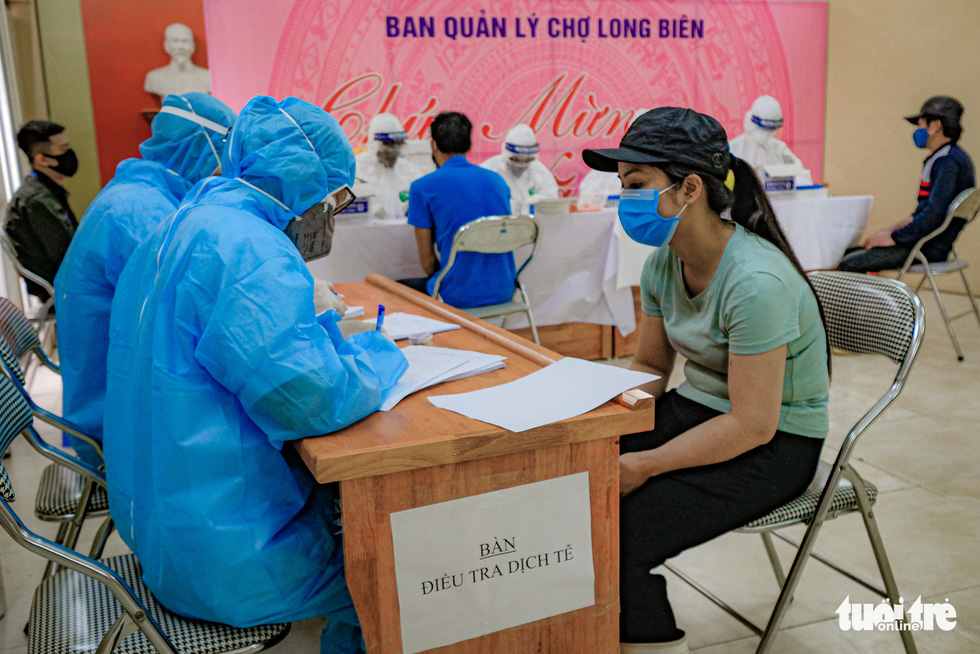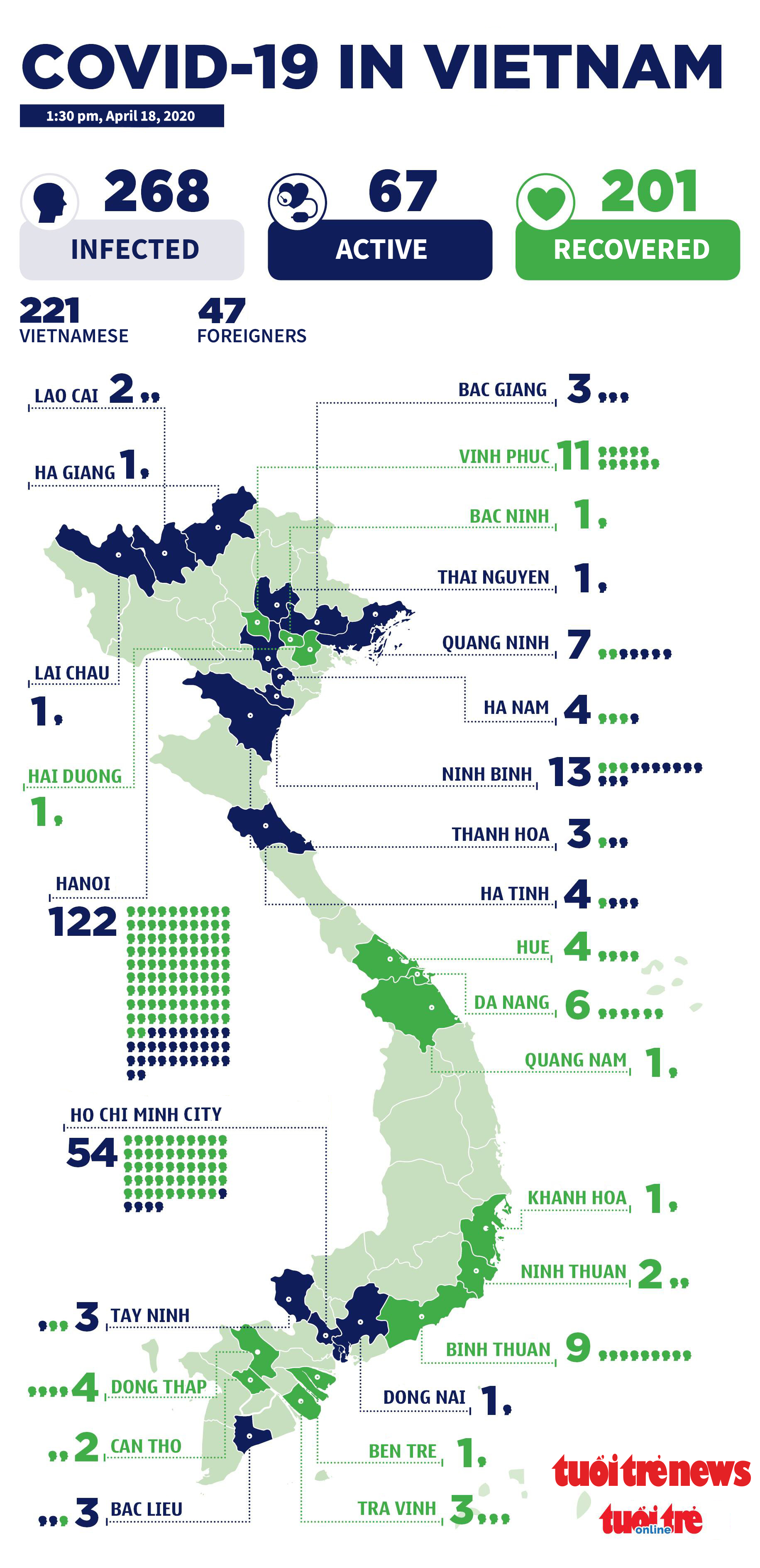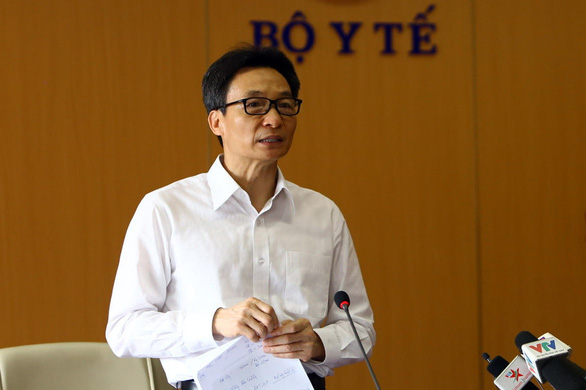Since the novel coronavirus disease (COVID-19) pandemic may be here to stay for a long time, Vietnam must adapt to the virus crisis for the sake of both public health and socio-economic development, according to Deputy Prime Minister Vu Duc Dam.
Dam, who heads the National Steering Committee for COVID-19 Prevention and Control, chaired a teleconference on Friday with officials of the country's 63 provinces and cities to discuss anti-epidemic measures.
As drugs and vaccines for COVID-19 are not yet available, he said, the pandemic "is definitely going to last for not weeks, but months further."
The government leader therefore urged authorities and the general public not to be complacent in the fight against the disease, and to boost the economy at the same time.
If a developing country like Vietnam records as many infections as some Western countries, the fatality rate will be much higher, he warned.
He added Vietnam has successfully treated even seriously ill patients owing to its low number of infections.
"We must control the pandemic, start [finding ways] to coexist safely with it, and embrace positive changes in the society," the deputy PM stressed.
Dam said Vietnam is keeping a close eye on entries and exits by air, water and roads.
Those suspected of infection must be quarantined immediately while at-risk areas will be zoned off and disinfected.
He stressed the need to further classify at-risk groups at grassroots levels, including villages, communes and districts.
In order to have a safe life amid the pandemic, he said public awareness of the new virus and its danger and transmission mechanisms must be raised.
"The easiest [preventive measures] are to wear face masks, keep a distance from others, wash hands, and avoid gathering in crowds," he said.
Residents are advised to visit healthcare facilities only in necessary cases after consulting with medical experts.
The Ministry of Education and Training, together with local governments, was told to issue sets of guidelines for students at each educational stage to ensure safety once they go back to school.
He also asked for specific measures for safe traveling; production and business operations; culture, sports and tourism activities; as well as the safety of public administration agencies.
It is essential to uphold senses of discipline and responsibility among individuals and organizations in the fight against the pandemic in the foreseeable future, Dam said.
The senior leader also pointed out it is high time to advocate digital transformation such as the move toward online meetings, remote public and health services, e-learning, and digital payment.
The government is working on a new directive, expected to be issued at the start of next week, on new measures to adapt to the COVID-19 pandemic, Dam said.
 |
| Traders at Long Bien Wholesale Market in Hanoi, Vietnam are sampled for COVID-19 testing, April 18, 2020. Photo: Nam Tran / Tuoi Tre |
Vietnam finished two weeks of increased social distancing on April 15 as per a prime minister directive issued on March 31.
Twenty-eight provinces and cities, including Hanoi, Ho Chi Minh City, and Da Nang, have been asked to prolong their social distancing period until April 22, with a possibility of extending through April 30.
Schools, stores, and entertainment venues are shuttered while any gathering of more than two is banned in public spaces during this period.
Travel restrictions are in place, with people told to stay home except for trips outdoors for food, medications, and emergency care.
Social distancing measures are loosened in other parts of the country considered to be at a lower risk of an outbreak, with some industries and businesses given the go-ahead to resume operations from April 16, albeit with certain conditions.
As of Saturday morning, Vietnam had reported no new cases of COVID-19 for more than 48 hours for the first time since March 6.
The national tally stood at 268, with 201 recoveries and no death.
 |
Like us on Facebook or follow us on Twitter to get the latest news about Vietnam!




















































